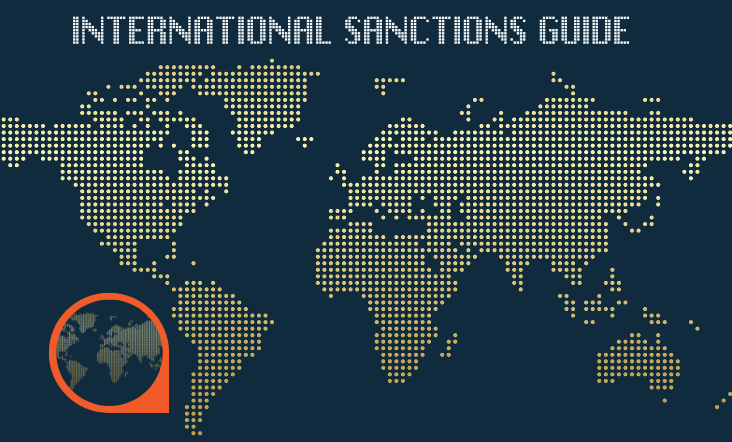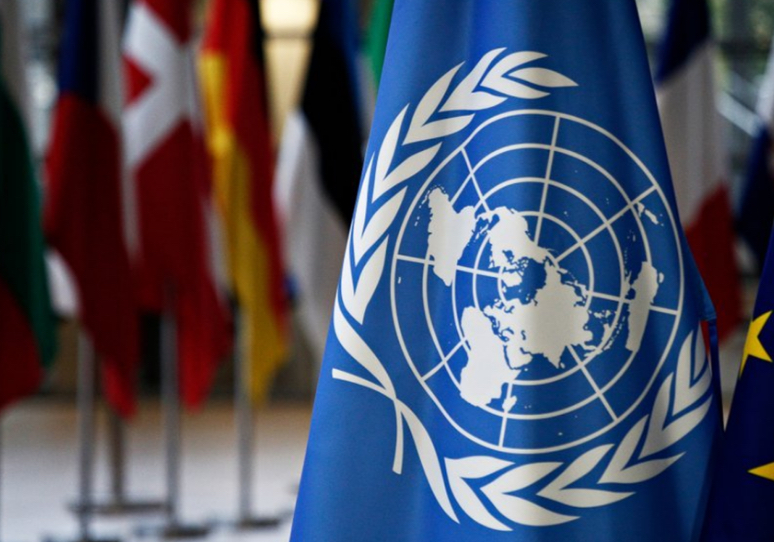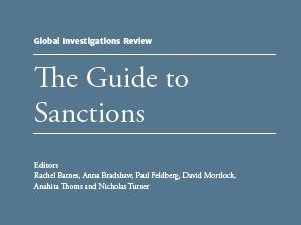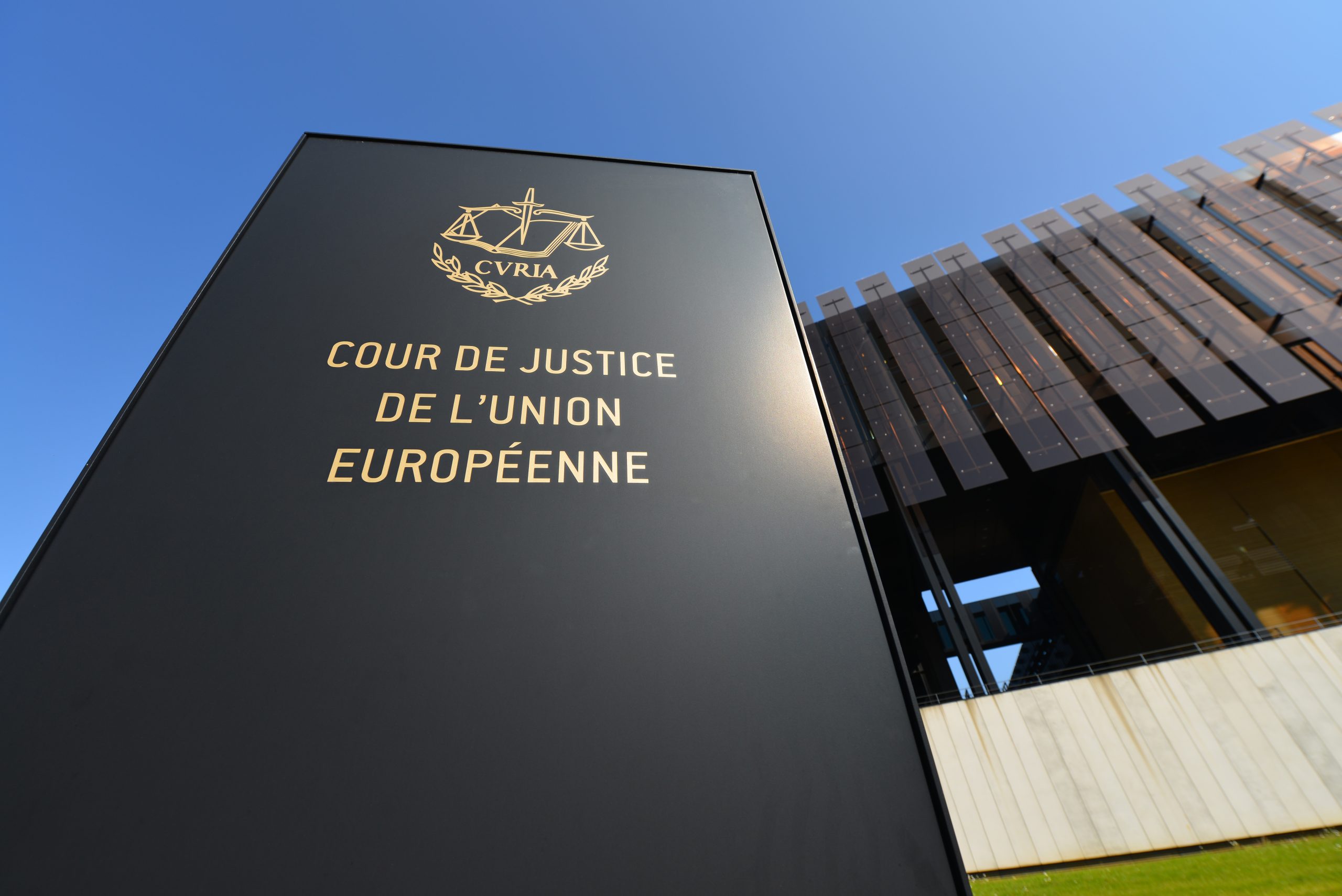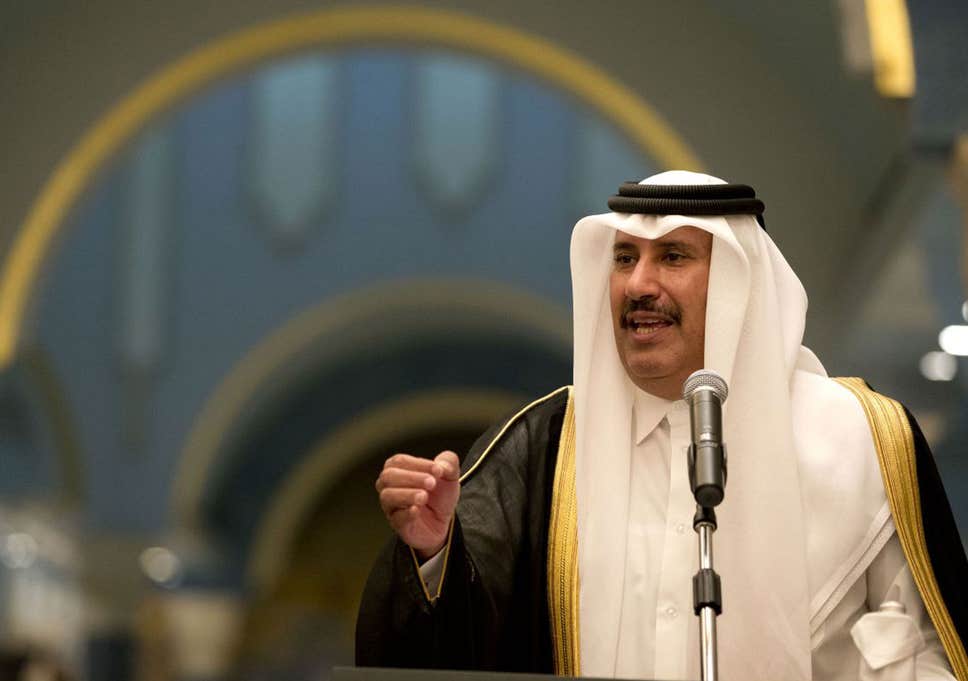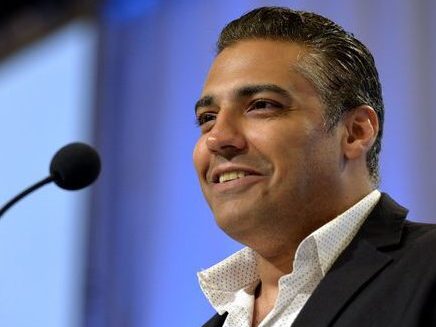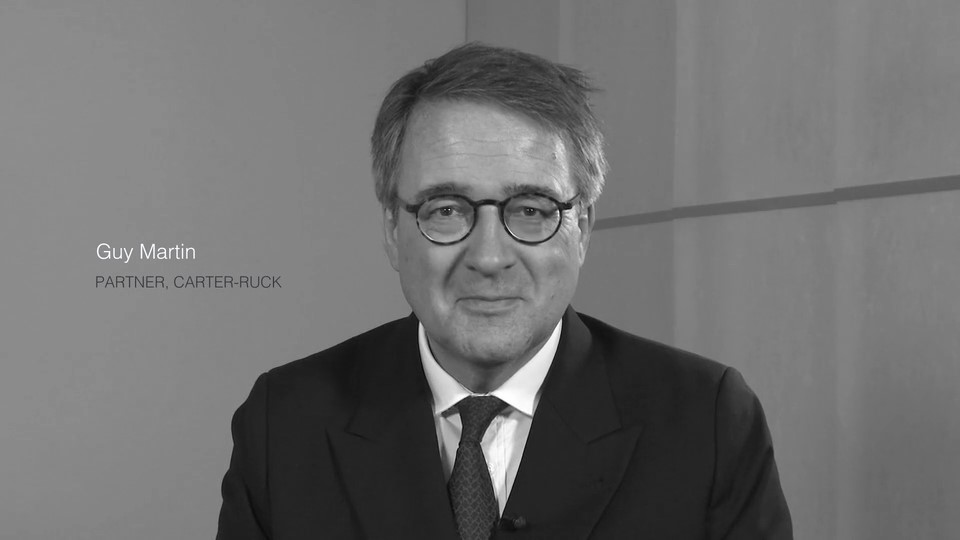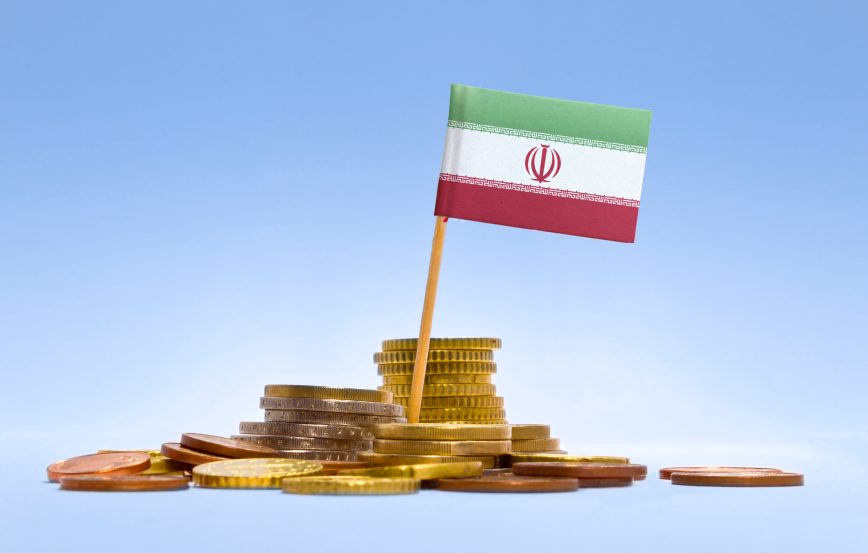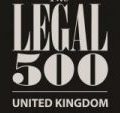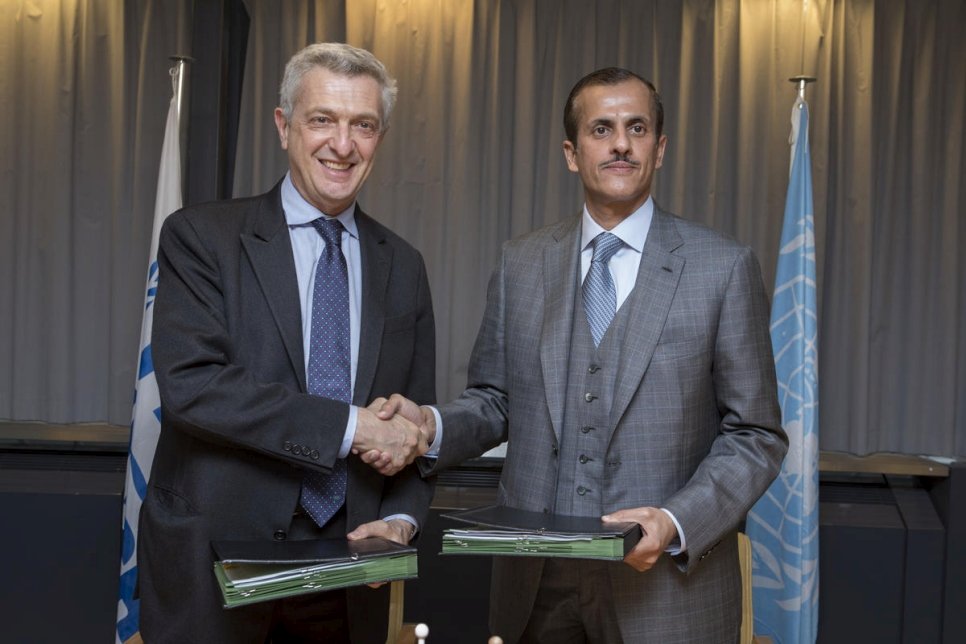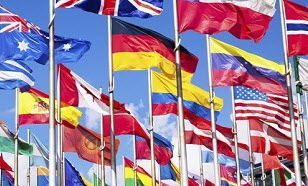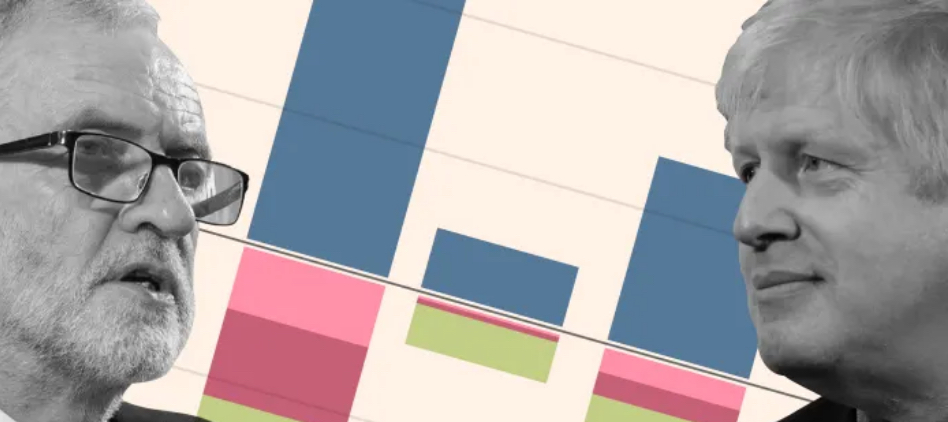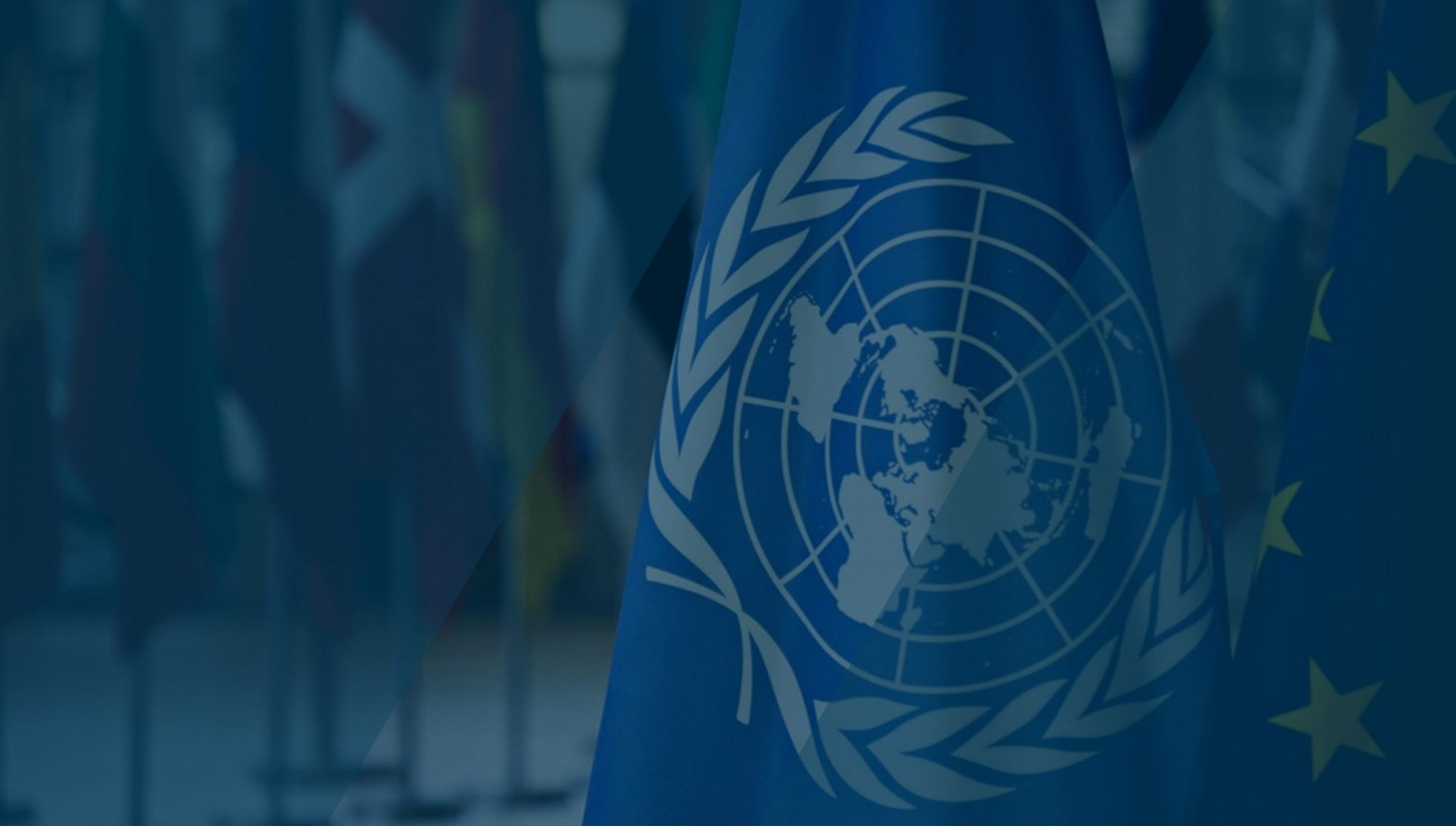
Sanctions & Restrictive Measures
Carter-Ruck is widely considered to be the leading law firm for individuals and entities wishing to take steps, including court action, for the annulment of restrictive measures
We pioneered challenges to such sanctions in 2001 for client Sheikh Yassin Abdullah Kadi whose two successes before the European Court of Justice have set the benchmark for sanctions challenges.
These restrictive measures are sometimes called targeted sanctions and they can take the form of an asset freeze and/or a travel ban. They can be imposed on individuals and entities by national authorities, the Council of the European Union or by the United Nations.
Such measures can also include Interpol Red Notices and Unexplained Wealth Orders.
By their nature, many of these cases include a reputation management element. Carter-Ruck’s unrivalled expertise in media law means that we are particularly well-placed to assist and uniquely we are able to respond quickly and authoritatively to press interest directed to our clients.
Targeted sanctions are restrictive measures which result in the individual or entity immediately, and without any prior notice, having their assets frozen. Targeted sanctions are draconian. In the words of former UN Secretary General Kofi Annan:
“The international community should be under no illusion: these humanitarian and human rights policy goals cannot easily be reconciled with those of a sanctions regime. It cannot be too strongly emphasized that sanctions are a tool of enforcement and, like other methods of enforcement, they will do harm. This should be borne in mind when the decision to impose them is taken, and when the results are subsequently evaluated.”
Targeted sanctions are in theory meant to be temporary administrative measures and not of a criminal or punitive nature; but in practice, far from being temporary they can last for many years. Moreover, they can have the same practical impact on the victim as punitive measures, without affording them the same levels of due process and judicial protection as are provided to the subjects of criminal proceedings. While a designated person can challenge an EU designation in the European courts, the evidential thresholds and standards of proof applicable fall well below that which would be applied in criminal proceedings. Proceedings can also continue for years before a final determination from the court is obtained.
A sanctioned person can find themselves in a Kafkaesque situation whereby suddenly and without any prior notification they are subjected to highly draconian measures, yet they are given little information about the grounds for their listing or the evidence said to justify such action. They are then faced with a lengthy uphill struggle in order to restore their position and reputation. These measures are generally implemented without judicial oversight, as an administrative and bureaucratic act, and often as a result of political rather than legal considerations.
We have represented clients before the Administrative Court in London in domestic judicial reviews of administrative sanctions decisions, the Ombudsperson to the United Nation’s ISIL and Al-Qaida Sanctions Committee, before the General Court of the European Union and the European Court of Justice. We also advise clients challenging US designations by OFAC.
Our Clients
- The late former Egyptian President Hosni Mubarak and his family
- Saudi businessman and philanthropist Sheikh Yassin Abdullah Kadi
- Burmese national Pye Phyo Tay Za
- Global charity International Islamic Relief Organization
- High profile Tunisian businessman Sakher Al Materi
- A number of individuals successfully challenging EU restrictive measures imposed under the EU Syrian sanctions regime including Mazen Al Tabbaa
We also advise on other ongoing sanctions matters before the General Court and Court of Justice of the European Union. These are in many cases confidential and so we cannot provide specific details.
24/7 Partner-led Crisis Response
It is important to bear in mind that there are very strict time limits for bringing challenges to sanctions measures. With this in mind, we have a 24-hour, 365 days of the year crisis management response team – one of our specialist partners is always available to respond to urgent crises at any time.

